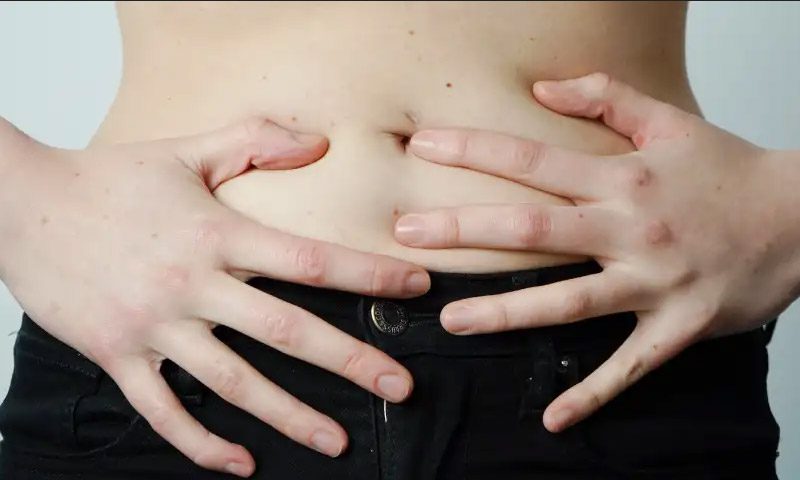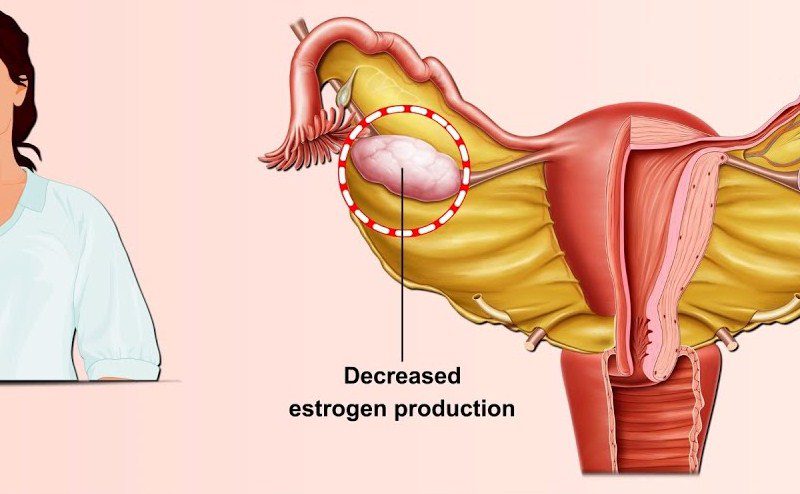Many women go through the experience of heavy periods which is also medically called “Menorrhagia”. However, the case may vary woman-to-woman. You must consult a doctor when you feel cramps and flow is becoming unbearable. However, in Indian society many women don’t have access to better healthcare and don’t talk about their reproductive health due to social issues. Let’s discuss symptoms, treatment, diagnosis, hysterectomy, and when to consult Gynecologist.
Heavy periods may stop you from normal daily activities. They may happen because of subtle health issues. They can also lead to other health issues. So, let’s inform you better about heavy periods, its symptoms, causes, diagnosis and treatments.
Symptoms of Heavy Periods
Some women may have heavy periods than average. It may start from the very first period, however, if they are comfortable and its not painful there is no reason to worry. But, sudden occurrence of heavy periods in certain age or time can be problematic. Here are some symptoms how you can know you are having heavy periods.
- Need to change pads more frequently than you used to do earlier
- Need to change pads every hour or in the middle of the night
- Need to wear extra large pads or two pads at a time
- You may feel quite uncomfortable and skip daily activities due to pain
- Notice blood clots that are bigger than normal size
- Periods lasting longer than earlier or more than 7 days
- Feel tired, short of breath, dizziness or anaemic
- Bleed between periods
- Bleed after menopause
Warning Signs of Heavy Periods
Sometimes problem may be manageable, but you shouldn’t ignore the Menorrhagia. Now, how can you decide that you should immediately seek the help of a doctor to treat your heavy periods? Here are the experiences that you might feel and then you must consult your doctor.
- Bleeding is so heavy that you need to change one pad/hour continuously for 2 or three times
- Bleeding between periods or spotting vaginal bleeding after end of periods
- Vaginal bleeding or spotting after menopause
Causes of Menorrhagia
There are many reasons why women have heavy periods. Here are some reasons that may be with responsible:
Hormonal Problems –Every month, a lining builds inside the uterus or womb of a woman. During periods, this lining is shed, while it becomes placenta in case of pregnancy. If female hormones are not balanced, uterus can make the lining too thick which ultimately lead to heavy bleeding. If you don’t ovulate then too thicker lining can cause heavy periods.
Growths in Uterus – Polyps, cysts, and Endometriosis are growths inside the uterus or womb. These fibroids or linings are generally non-cancerous or benign. The are tissues built inside the uterus and can cause heavy periods.
Certain IUDs – Are you on a contraceptive pill or IUD like Copper-T? This may also cause heavy periods due to changed hormonal level.
Abnormal Pregnancy – In rare cases, sperm and egg meet outside the uterus and start growing outside. This is Ectopic Pregnancy. This is a rare case which is not a viable pregnancy optionsn and can cause serious health conditions. This may also lead to heavy bleeding. This may be because of miscarriage which you mis-understand as heavy periods.
Cancer – Nowadays, cancers are becoming more common than earlier. Some rare cancers of Uterus, Cervix, or Ovaries may cause bleeding in women which may feel like heavy periods. So, you must go for immediate diagnosis if you perceive anything unpleasant or abnormal.
Bleeding Disorders – Bleeding disorders are not common. Some infections of pelvic bones and vagina may also cause heavy bleeding. Some disorders may be genetic and may cause rare but heavier periods.
Side-effect of Some Medicines – Certain blood thinning drugs which are often used for treating inflammation can cause heavy periods.
Other Health Issues – Some other reproductive system or abdomen problems may cause heavy periods.
- Endometriosis
- Thyroid conditions
- Pelvic inflammatory disease (PID)
- Kidney disease
- Liver disease
Diagnosis of Menorrhagia
Are you thinking to go for diagnosis to confirm whether you have Menorrhagia? Note you’re your symptoms and visit your doctor. At Nirog India we have a pool of best Gynaecologists in India. Doctor may recommend the best diagnosis after giving you a physical exam. Following treatment options are generally recommended, depending on the condition of women.
NSAIDs & Hormonal Drugs –Doctors prescribe Non-steroidal anti-inflammatory drugs to reduce the flow during heavy periods. This is recommended for a certain period of menstruation.
Hormonal Therapy– Some hormones are given with Vitamin E supplements to cure the hormonal balance. This may be a little prolonged medication.
Surgery – if you are diagnosed with polyps or fibroids, you may be advised to remove through surgery. Removing uterus is the last option considered for heavy periods, if all medication fails.



